Trending Now
Tuesday, Nov, 2024
Home / Why Indian Educational Institutes Need More Than Just Guidelines on Mental Health Issues
Why Indian Educational Institutes Need More Than Just Guidelines on Mental Health Issues
Data presented in the Parliament by the Ministry of Education revealed that the Indian Institutes of Technology (IITs) are alone responsible for half of the suicides in the nation since 2018 among students initiated by academic stress and poor mental health concerns.
 by Pragti Sharma /
by Pragti Sharma /  24 Mar 2023 13:23 PM IST /
24 Mar 2023 13:23 PM IST /  0 Comment(s) / 325
0 Comment(s) / 325
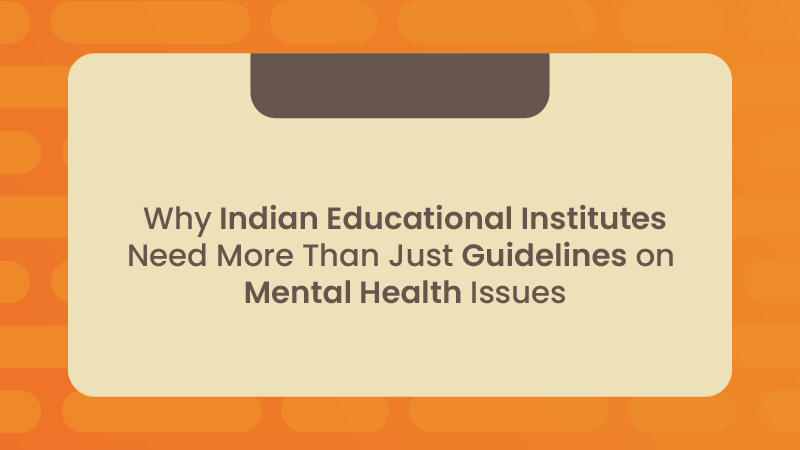
Two out of ten youngsters in India between the age group of 15 to 24 years old go through some form of mental health issues, including depression and anxiety.
Data presented in the Parliament by the Ministry of Education revealed that the Indian Institutes of Technology (IITs) are alone responsible for half of the suicides in the nation since 2018 among students initiated by academic stress and poor mental health concerns.
According to the World Health Organisation (WHO), while the effect on children’s lives is invaluable, persistent carelessness of mental health can drive India to an economic failure as elevated as $1.03 trillion between 2012-2030.
In order to address mental health issues among students, Union Education Minister Dharmendra Pradhan recently held a meeting on Sunday. The Minister has led officials from leading educational regulatory bodies such as the All India Council for Technical Education (AICTE), The Central Board of Secondary Education (CBSE), University Grants Commission (UGC), among others, in order to establish a grievance redressal system with shared accountability. The Ministry will soon form a comprehensive framework of operational approaches to institutionalise mental health programmes in educational institutions.
Pradhan said the Ministry of Education is committed to ensuring the physical, psychological, and emotional well-being of the students.
However, slight information is available on the execution of the mental health guidelines already in place for schools in India- mirroring the difference between policy and its implementation. Previous year in September, The National Council of Educational Research and Training (NCERT) published a manual for schools for early identification of mental health issues in students. The Central Board of Secondary Education (CBSE) also has a manual on mental health problems and well-being for students in lower to higher secondary classes. Besides, the Ministry of Education operates an initiative titled Manodarpan in order to deliver mental health-related support to students, teachers, and families during the covid-19 pandemic and beyond.
Experts recommend that in order to fight mental health issues effectively among students, India must shift from a piecemeal process with unsystematic partial efforts to a long-term comprehensive strategy wherein mental health is incorporated into educational services.
A study by Professor Devvarta Kumar, Department of Clinical Psychology, National Institute of Mental Health and Neurosciences, said the school mental health programme (SMHP) is globally acknowledged to enhance the mental well-being of students. Systematic implementation of this across India can create a difference.

Blog / February 11, 2024
Mastering Spoken English: A Journey Through Real-Life Conversations

Blog / January 19, 2024
The Crucial Need for Cybersecurity Education in School Curriculums

Blog / December 19, 2023
How Gamification Transforms Learning into Adventure

Blog / December 01, 2023
Empowering Education: How Artificial Intelligence Shapes the Future of Learning

Blog / September 10, 2023
Looking for Scholarships? 3 Programmes to Apply for by September-October 2023

Blog / May 11, 2023
Top 10 Career Choices for Generation Z

EShort / February 16, 2024
IMS Noida Admissions 2024: Apply for UG, PG programmes

EShort / February 16, 2024
GATE 2024: Response sheet out

EShort / February 16, 2024
BSSTET 2023: Admit card released

EShort / February 16, 2024
NID DAT 2024: Prelims result released

EShort / February 16, 2024
IIT JAM 2024: Response sheet released

Jobs / February 16, 2024
UPSC Recruitment Drive 2024: Apply for 120 vacancies in various departments

EShort / February 14, 2024
UPSC CSE 2024: Official Notification issued; application process begins

Editor's Desk / April 17, 2020
How Does Society Impact Our Education?

Current Affairs / April 22, 2020
Mr. Sudarsanam Babu appointed to U.S. Science Board.
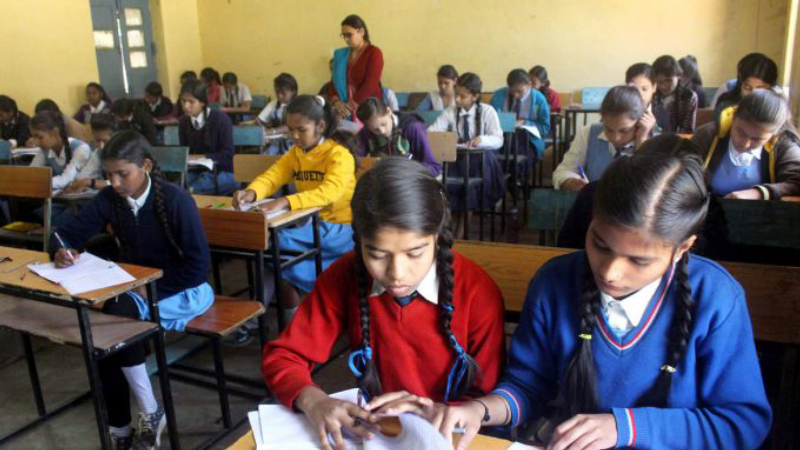
Reforms / April 17, 2020
Traditional Structure of Education In India
.jpg)
Events & Seminars / April 17, 2020
PISA!!
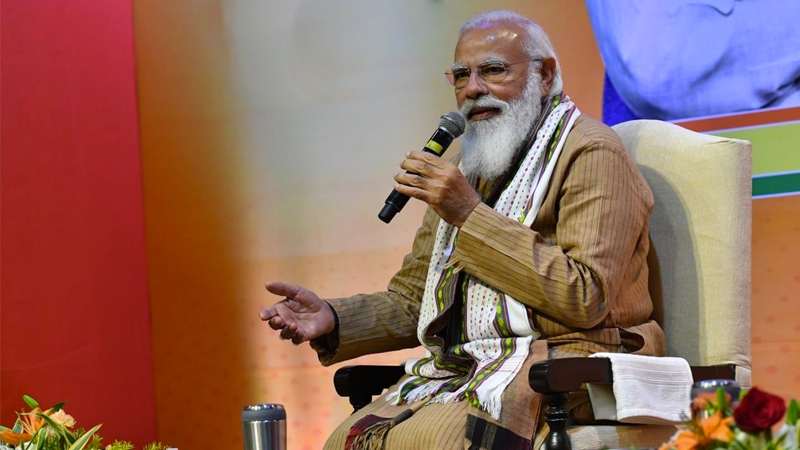
Blog / February 26, 2021
Government's Action On #ModiRojgaarDo

EShort / May 19, 2022
CUET PG 2025 has started the registration process.

Notice Board on Important Dates / April 21, 2020
World Heritage Day

News / July 08, 2021
JEE Mains Registration For Session 3: Last Date To Apply

EShort / December 14, 2021
UPSC Declared Final Result For DCIO Recruitment










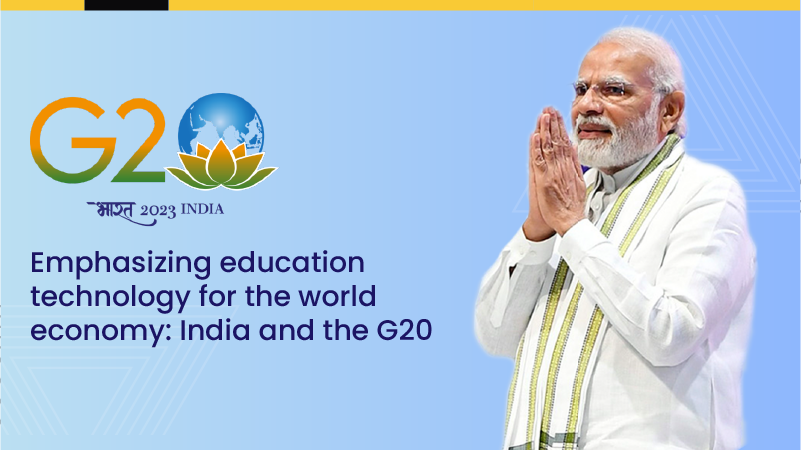


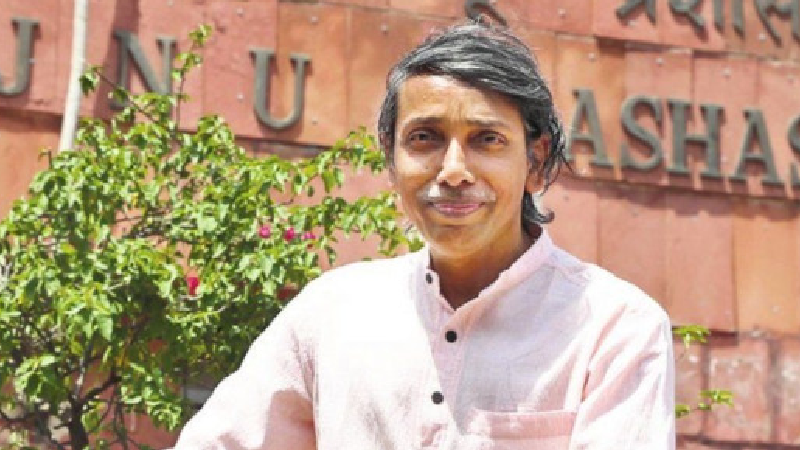





0 Comments
Post Comments